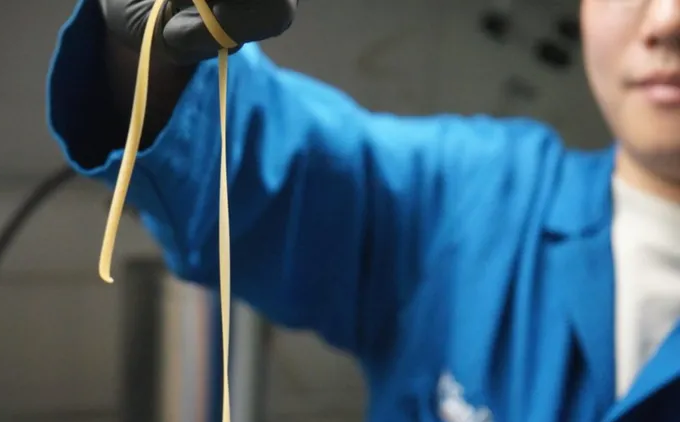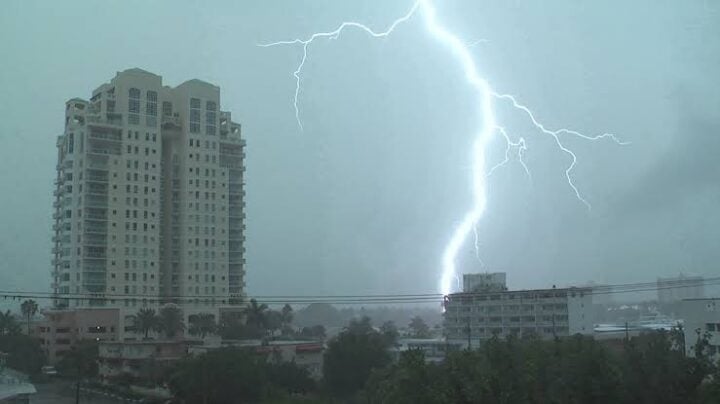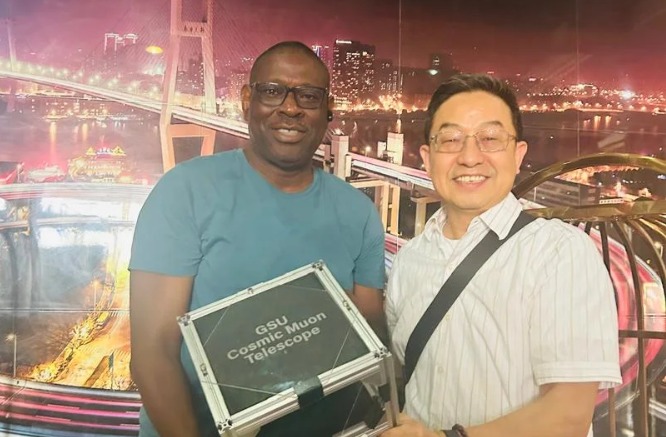Photo credit: BBC
A group of scientists has developed a “self-digesting plastic” which could help reduce environmental pollution.
The BBC reports that researchers have come up with a sci-fi-like solution to incorporate spores of plastic-eating bacteria into polyurethane which is used in making everything, including phone cases and trainers.
Polyurethane is tricky to recycle and mainly ends up in landfills but with the new development, the plastics can self-destruct.
The spores remain dormant during the useful lifetime of the plastic, but spring back to life and start to digest the product when exposed to nutrients in compost.
Advertisement
Han Sol Kim, a researcher at the University of California San Diego, La Jolla, said: “There’s hope we can mitigate plastic pollution in nature”.
He also said there might be an added advantage because the spores increase the toughness of the plastic.
Jon Pokorski, a co-researcher, said regardless of how the plastic is disposed of, the process makes sure that it is eliminated from the environment at the end of its useful lifetime.
Advertisement
“Our process makes the materials more rugged, so it extends its useful lifetime. And then, when it’s done, we’re able to eliminate it from the environment, regardless of how it’s disposed,” Pokorski said.
He said the type of bacteria used for the plastics is “bacillus subtilis”, widely used as a food additive and a probiotic.
He added that the plastic is currently being worked on at the laboratory bench but could be in public use within a few years, with the help of a manufacturer.
The bacteria have to be genetically engineered to be able to withstand the very high temperatures needed to make plastic.
Advertisement
However, not everyone is convinced by the idea of developing biodegradable alternatives to conventional plastics.
Some scientists argue it is far better to reduce the amount of plastic used in the first place.
In an interview with the BBC, Steve Fletcher, a professor and director of the Revolution Plastics Institute at the University of Portsmouth, said care must be taken with such solutions as the plastic-eating bacteria.
“It could give the impression that we should worry less about plastic pollution because any plastic leaking into the environment will quickly, and ideally safely, degrade,” Fletcher said.
Advertisement
“Yet, for the vast majority of plastics, this is not the case.”
Fletcher believes that the most effective way of tackling plastic pollution is to agree on global legally binding cuts in plastic production.
Advertisement
Meanwhile, the UN talks for a plastics treaty to tackle plastic pollution have just been concluded in Canada amid disagreements on whether to put global limits on its production.
Advertisement
Add a comment






